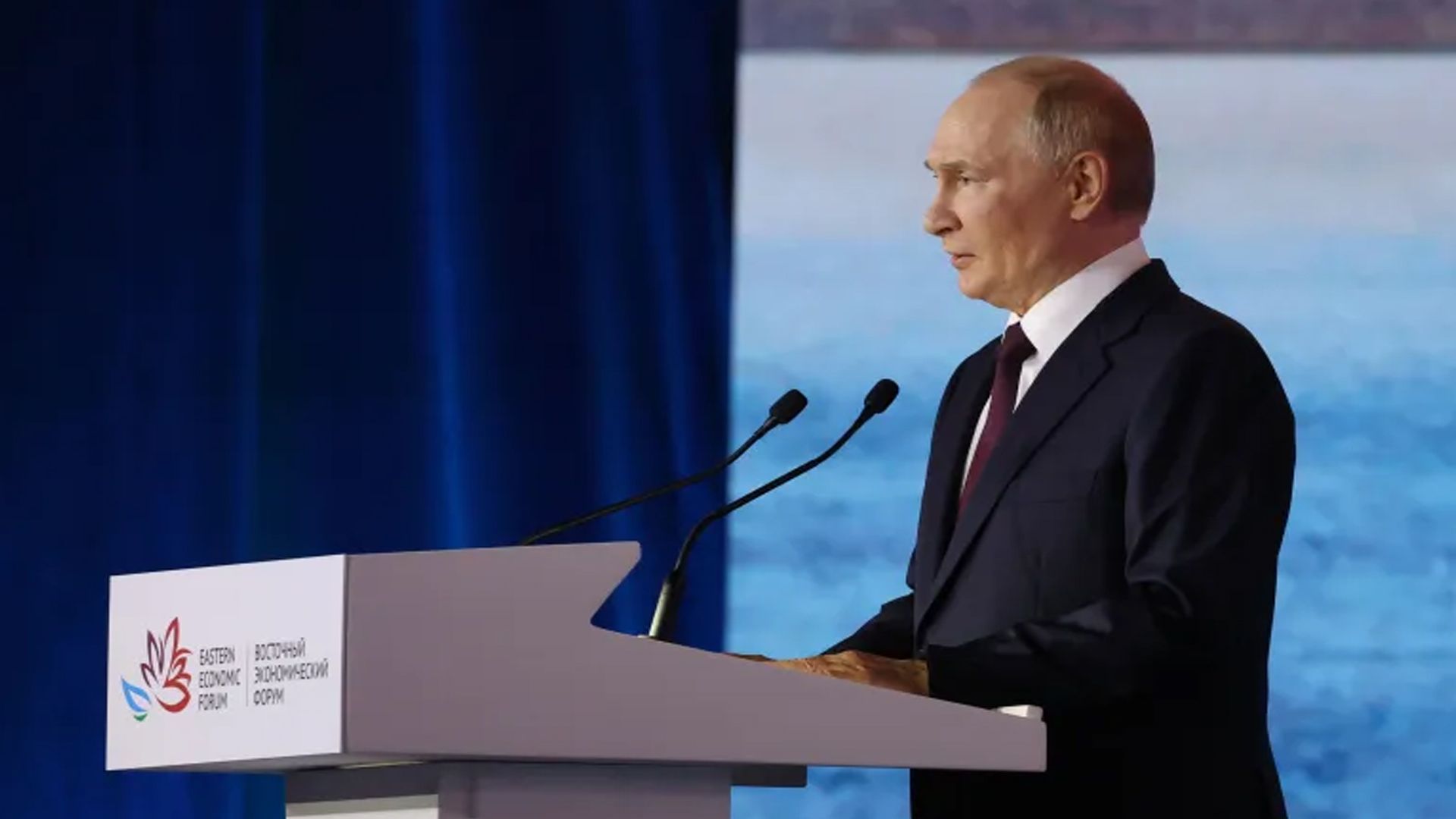Putin Ukraine troops: Russia warns foreign forces are targets

Related Articles
Putin Ukraine troops: Russia rejects Western security plans in Ukraine, warning foreign forces would be targeted while talks for ceasefire continue. Russian President Vladimir Putin has firmly dismissed Western plans to deploy a “reassurance force” in Ukraine, warning that any foreign troops could become legitimate targets. This statement comes just after a Paris summit where Ukraine’s allies outlined potential security measures following a ceasefire.
French President Emmanuel Macron stated that 26 allied nations had committed to providing support “by land, sea, or air” to maintain security once hostilities halt. However, he did not reveal which countries would participate.
Putin made it clear that he opposes such deployments, claiming they would pose a direct threat to Russia and signaling that Moscow sees this as an aggressive move, despite no immediate plans for troop deployment.
Limited Hope for a Ceasefire
The prospects of a ceasefire remain uncertain. Earlier diplomatic efforts, including a meeting in Alaska between Putin and former US President Donald Trump, briefly raised hopes for talks with Ukrainian President Volodymyr Zelensky. However, Putin expressed skepticism, saying that key issues with Ukraine remain nearly impossible to resolve.
Trump criticized Russia and India for aligning closely with China, reflecting global geopolitical tensions. While Trump praised European efforts to find a solution, Putin’s spokesperson, Dmitry Peskov, accused European nations of provoking the continuation of the war.
The Role of the “Coalition of the Willing”
Following the Alaska summit, a group of Western allies, led by the UK and France, intensified efforts to provide Ukraine with security guarantees. These plans include strengthening Ukraine’s military and establishing a reassurance force to oversee any ceasefire agreement.
Macron emphasized that foreign troops would not operate at the front line and are intended only to prevent renewed aggression, not to engage in conflict with Russia. Zelensky called these measures a “first concrete step,” though he noted it is premature to discuss deployment specifics.
The United States has not fully disclosed its role but indicated support could include air protection. Trump confirmed ongoing dialogue with Putin regarding maximum security for Ukraine.
Russia’s Perspective on Security Guarantees
Putin stated that Russia is willing to engage in talks but sees little need for foreign troops if long-term peace agreements are reached. He also offered to host summits in Moscow, highlighting Russia’s desire to position itself as a key player in security arrangements, though Kyiv and its allies reject the idea.
Peskov stressed that Russia views NATO forces as enemies and warned that any Western troops in Ukraine would pose a direct danger. NATO leaders, however, insist Russia cannot veto Ukraine’s sovereign decisions regarding foreign troop presence.
Western Response and Strategic Goals
Few countries have committed to sending ground troops, with the US ruling out such deployment. Diplomats suggest early troop deployment could play into Russia’s propaganda narrative.
UK Prime Minister Keir Starmer emphasized the “unbreakable pledge” to support Ukraine, while German Chancellor Friedrich Merz stressed securing a ceasefire as the top priority before broader security guarantees.
The ongoing conflict, now over three and a half years old, shows no sign of ending soon. Putin claims Russian forces continue to advance across all fronts, while Ukraine insists a ceasefire must precede any wider peace agreement.
The Élysée Palace cited historical examples, such as the Korean Peninsula, where ceasefires lasted long without full peace agreements, emphasizing the potential value of a foreign “reassurance force” as a stabilizing measure.
Final Thoughts
While Western nations push for a ceasefire and security guarantees, Russia continues to resist foreign intervention, seeking to maintain leverage over Ukraine. The conflict remains complex, with geopolitical alliances and military strategies shaping the prospects for peace.









